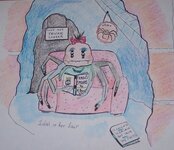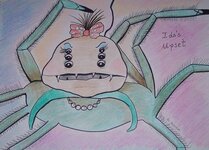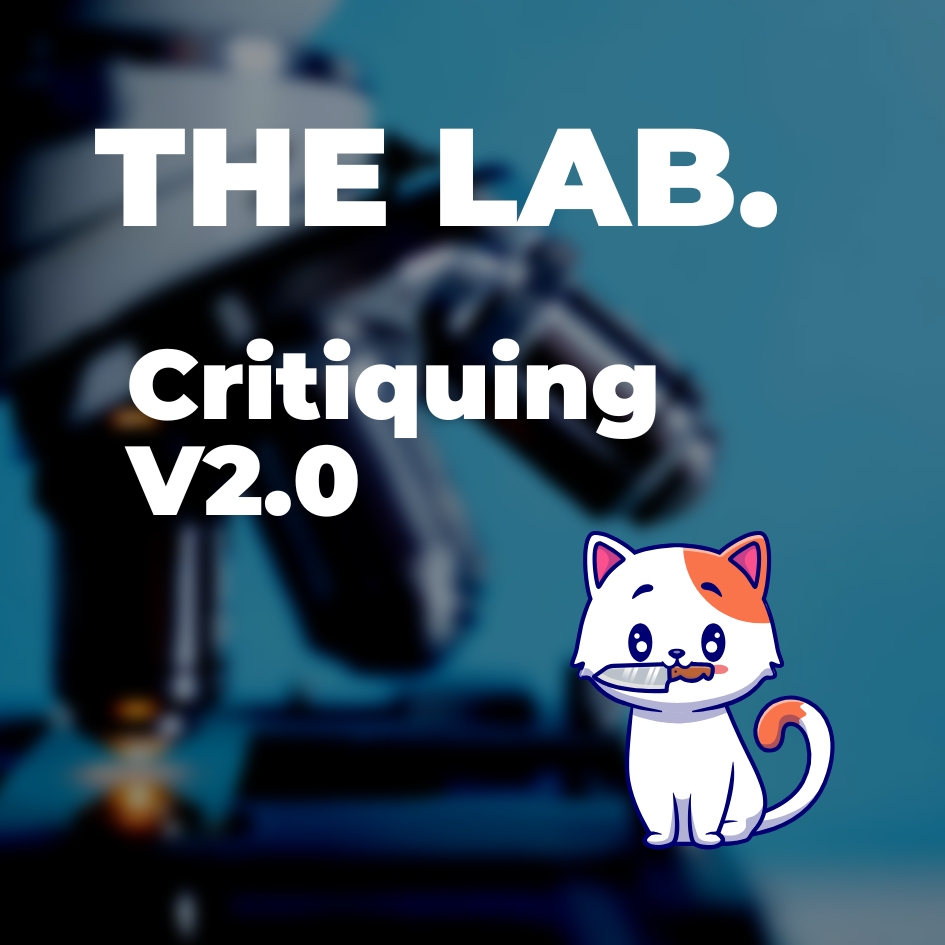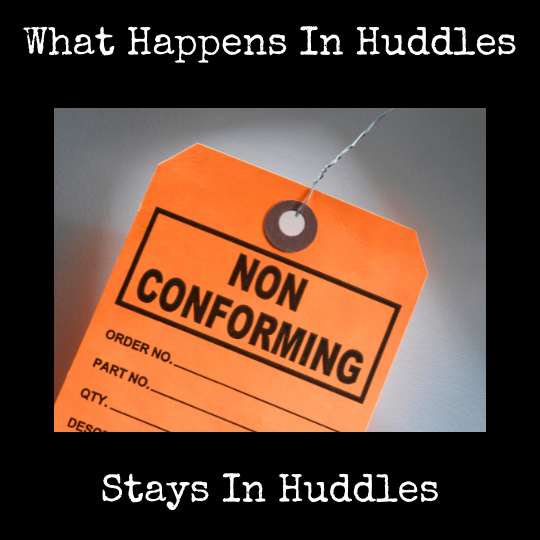Committees? Just because they are Nobel Prize Committees, so what? Only as wise or as crass as the sum of their parts.
In 1961, Tolkien was nominated for the Nobel Prize for Literature by his friend C. S. Lewis. Although the two writers did not see eye to eye when it came to the other’s work, Lewis thought highly enough of Tolkien’s fiction to recommend him for this prestigious honour. However, the Nobel Prize committee rejected Tolkien for the honour, stating that his work ‘has not in any way measured up to storytelling of the highest quality.’ Tens of millions of readers would disagree.
Source: Five Fascinating Facts about J. R. R. Tolkien
They could not visualise ?
See actor Benedict C visualising in order to act Smaug with motion capture? Carryon watching to see what the finished film scene looked like.
And was this what Tolkien was doing, - pulling Smaug faces while writing this scene? I'm pretty sure I pull some pretty funny faces while I'm working my way through this and that scene in my head, or as I type.
They could not jump that gap?
Hindsight engineering says hidebound nitwits.
In 1961, Tolkien was nominated for the Nobel Prize for Literature by his friend C. S. Lewis. Although the two writers did not see eye to eye when it came to the other’s work, Lewis thought highly enough of Tolkien’s fiction to recommend him for this prestigious honour. However, the Nobel Prize committee rejected Tolkien for the honour, stating that his work ‘has not in any way measured up to storytelling of the highest quality.’ Tens of millions of readers would disagree.
Source: Five Fascinating Facts about J. R. R. Tolkien
They could not visualise ?
See actor Benedict C visualising in order to act Smaug with motion capture? Carryon watching to see what the finished film scene looked like.
And was this what Tolkien was doing, - pulling Smaug faces while writing this scene? I'm pretty sure I pull some pretty funny faces while I'm working my way through this and that scene in my head, or as I type.
They could not jump that gap?
Hindsight engineering says hidebound nitwits.
Last edited:





